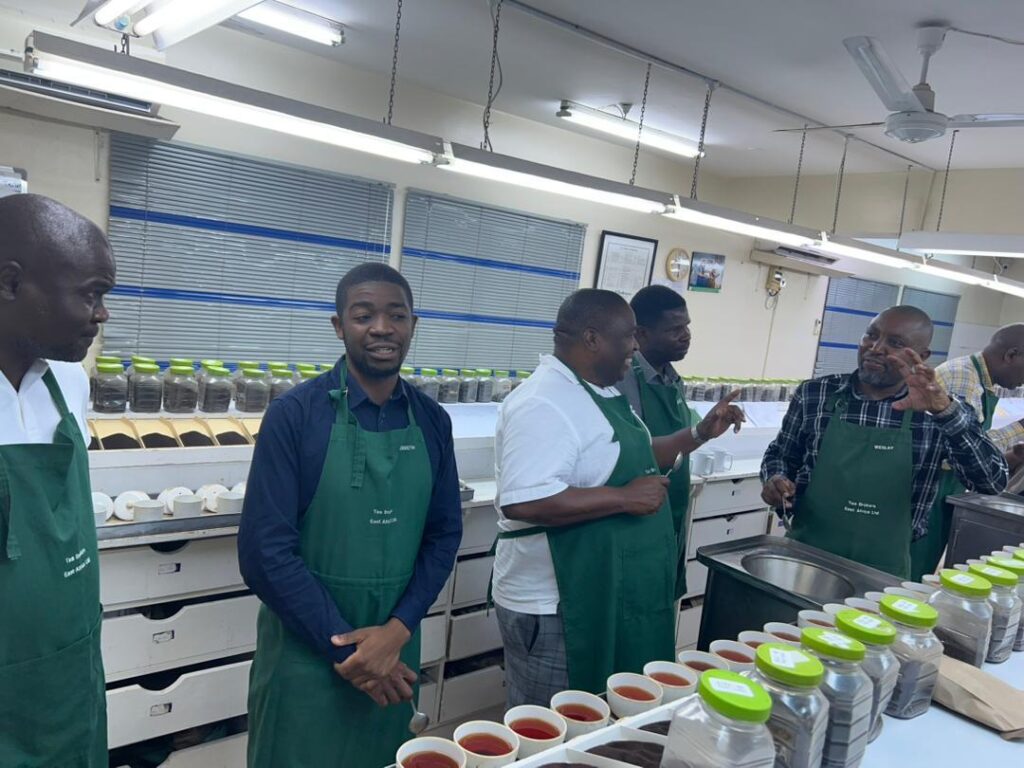By Staff Reporter
As Women’s Month – which is celebrated in South Africa every August – draws to a close, Solidaridad Southern Africa reaffirms its commitment to empowering women, not only within South Africa but throughout the Southern African region. Prioritizing women’s empowerment is crucial for sustainable development and gender equality, and should, therefore, be celebrated and advocated for every day, not just during Women’s Month.
“In a significant stride towards promoting gender equality and combating sexual harassment in Malawi’s tea sector, a groundbreaking gender policy has been launched with support from the International Labour Organization (ILO), Solidaridad, and their partners, Tea Association of Malawi Limited (TAML). This policy marks a transformative moment in the industry, aiming to create safer and more equitable workplaces for all tea sector employees. The initiative comes amidst growing recognition of the pervasive issue of sexual harassment in agricultural sectors globally, including tea farming in Malawi. The new gender policy is designed not only to address existing challenges but also to prevent future instances through proactive measures and advocacy,” says Precious Greehy, Head of Gender and Youth at Solidaridad.
According to Greehy, while Women’s Month serves as an important reminder of the progress we have made, it also underscores the work that still needs to be done. She asserts that gender equality must be at the forefront of our efforts, not just in August, but year-round. Central to the policy’s implementation are the gender champions, trained extensively to serve as advocates and catalysts for change within their respective tea estates. These champions, carefully selected from diverse backgrounds within the sector, are tasked with promoting awareness, fostering dialogue, and ensuring the effective implementation of gender-sensitive practices.

“The role of gender champions is crucial in driving forward our commitment to creating inclusive and respectful workplaces. They are pivotal in advocating for gender equality, offering support to victims, and holding perpetrators accountable,” says Nozipho Ndlovu, Regional Programme Manager for Solidaridad.
A cornerstone of this initiative is the development and dissemination of an anti-sexual harassment training manual. This comprehensive resource provides practical guidance on identifying, reporting, and addressing incidents of sexual harassment. It aims not only to empower employees with knowledge and confidence but also to cultivate a culture of zero tolerance towards harassment.
“Beyond immediate impacts, stakeholders envision the Malawi tea sector’s gender policy and associated initiatives as an example of best practice. It sets a precedent for other agricultural sectors to follow, demonstrating how proactive gender policies can effectively combat workplace inequalities and foster a more inclusive industry. As Malawi’s tea sector takes bold strides towards gender equality, supported by international organizations and local partners, it will not only safeguard its workforce, but also inspire similar transformative initiatives globally. Through collaboration, advocacy, and steadfast commitment, the sector is paving the way for a future where all individuals, regardless of gender, thrive in dignified and respectful workplaces,” continues Ndlovu.
This initiative underscores Malawi’s commitment to sustainable development goals and serves as a testament to the power of collective action in creating lasting social change. It is also an example of how Solidaridad strives to contribute to an enabling policy environment to echo the voices of citizens, as well as empowering civil society to be involved in decision making for sustainable supply chains. “The training manual represents a significant step towards fostering a workplace environment where everyone feels safe, respected, and valued. By equipping employees with the tools to recognize and respond to sexual harassment, we aim to create lasting change that permeates throughout the entire tea sector,” concludes Greehy.
Solidaridad Southern Africa is part of the global Solidaridad network, which is dedicated to promoting social justice and sustainability in supply chains. The organization works across the region to improve livelihoods, support gender equality, and promote environmentally sustainable practices.


